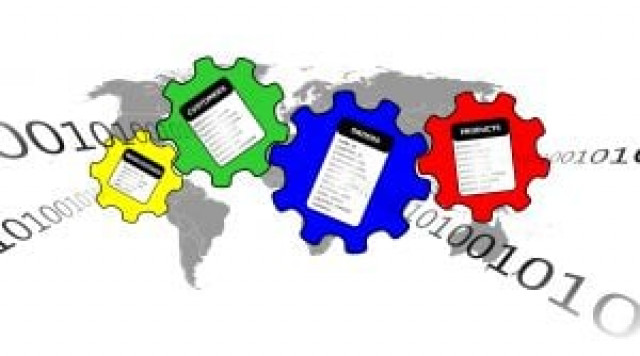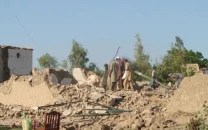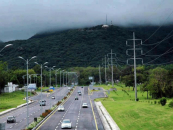E-commerce: Online shopping making its way into rural areas
Daraz.pk explains penetration; absence of malls encourages orders.

The trend of online shopping has witnessed rapid growth recently with several retail market portals springing up.
But, a recent increase in their penetration into far-flung areas has also boosted future prospects of the e-commerce market. What used to be limited to metropolitan cities has now spread to semi-urban and rural areas of the country. This is another potential market not only for shopping portals but also for fast moving consumer good (FMCG) companies, due to better availability of internet facilities throughout the country.
Online shopping portal, Daraz.pk, claims that online shopping websites have penetrated into the rural areas. In a recent survey, they revealed that around 48% of all orders placed in the first six months of 2014 were outside of Pakistan’s biggest cities – Karachi, Lahore and Islamabad.
“Half the world’s population will have internet access by 2017, showcasing the potential of e-commerce in the future,” said Daraz.pk co-founder Muneeb Idrees. “It is also expected that the number of mobile-connected devices will surpass the number of people. These statistics represent the expanding ecosphere of e-commerce.”
Established in August 2012, Daraz.pk is a project of Rocket Internet, the world’s largest incubator. The portal is currently offering over 400 brands in 200 cities across Pakistan. After the initial success, other venture capital firms took notice and starting initiating contact with local businessmen in the industry to fund entrepreneurs.
The website gets receives their highest number of orders (six per cent) from Ghotki, a semi-urban area in Sindh. The highest basket size across the country was from Lala Musa in Punjab, doubling the average order size of Lahore.
“In general, more than half our orders are from outside Karachi, Lahore and Islamabad,” said Idrees. “People in smaller towns have access to social media and television. They learn about new products, but don’t have malls in their cities to buy these products.”
The e-commerce market in Pakistan is estimated at around $25-30 million, in comparison to the total retail market of approximately $42 billion. Internet availability, along with introduction of branchless banking through cellular technology, has done wonders for the market.
According to estimates, branchless banking transactions have witnessed a growth of 327% during 2011-13. Daraz.pk is one of the few businesses utilising mobile commerce in Pakistan with great numbers. The management said that 20% of the transactions of the portal take place via mobile phones.
FMCG giant Unilever recently entered in an agreement with Daraz.pk to use its marketing reach all over Pakistan for its beauty and personal care products. The management thinks that this deal could be vital for the retail industry as previously no FMCG had seriously looked into the e-commerce sector.
Published in The Express Tribune, August 17th, 2014.
Like Business on Facebook, follow @TribuneBiz on Twitter to stay informed and join in the conversation.



















COMMENTS
Comments are moderated and generally will be posted if they are on-topic and not abusive.
For more information, please see our Comments FAQ